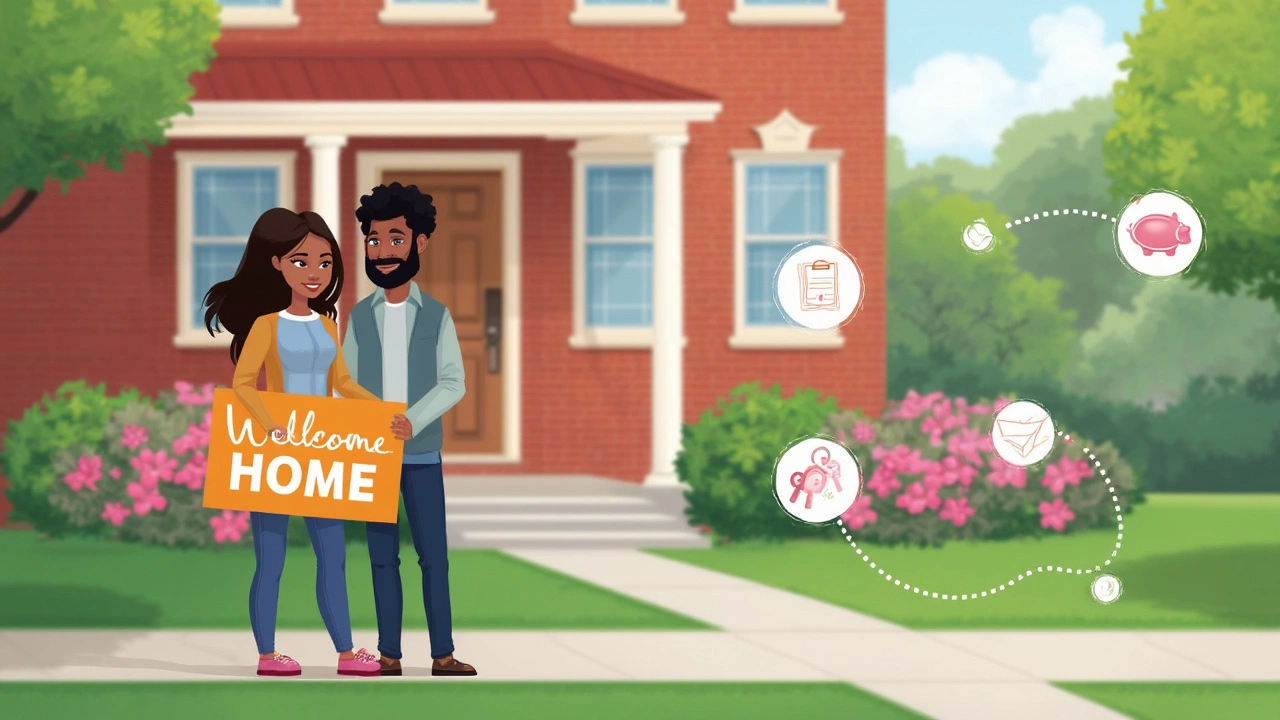Grants in North Carolina: Your Quick Guide to Free Home‑Buying Money
If you’re hunting for a house in the Tar Heel State, chances are you’ve heard the word “grant” tossed around. Grants are cash you don’t have to repay, and they can cover everything from your down‑payment to energy‑efficiency upgrades. The good news? North Carolina offers several programs aimed at first‑time buyers, veterans, and low‑to‑moderate income families.
Before you chase every headline, focus on the grants that actually match your situation. Most programs have income limits, location requirements, or home‑price caps. Knowing these limits early saves time and avoids disappointment.
Types of Grants Available
The biggest bucket is the North Carolina Housing Finance Agency (NCHFA) down‑payment assistance. This grant can cover up to 5% of the home’s purchase price, payable at closing. It’s geared toward first‑time buyers who qualify for a qualified mortgage. If you’re a veteran, the VA Home Loan Grant can waive some funding fees and add extra flexibility on credit scores.
Another option is the Community Development Block Grant (CDBG) from the U.S. Department of Housing and Urban Development. Counties and municipalities use CDBG money for local home‑buyer assistance, often blended with local lender incentives. Check with your city’s planning department for the latest rollout.
For renovation lovers, the North Carolina Energy Efficiency Grant offers up to $2,500 for upgrades like insulation, new windows, or HVAC systems. The grant is stackable, meaning you can combine it with down‑payment help if the home qualifies for both programs.
How to Apply and Get Approved
Start by gathering the basics: recent pay stubs, tax returns, and a list of your assets and debts. Most grant applications require a pre‑approval letter from a participating lender. The lender will confirm that you meet the credit and debt‑to‑income ratios required by the grant program.
Next, locate the specific application portal. For NCHFA assistance, you’ll fill out the “Housing Assistance Application” on the agency’s website. For local CDBG funds, contact your county’s housing office; they usually have a PDF form you can email back.
When you submit, pay close attention to deadlines. Some grants run on an annual cycle, while others open quarterly. Missing a deadline means you wait another round.
After you submit, a case worker will review your file. They may ask for additional documents like proof of residency or a purchase contract. Respond quickly—delays can cause you to lose the grant.
Finally, once approved, the grant money is wired directly to the closing agent. You’ll see the funds on your settlement statement, reducing the amount you need to bring to the table. Remember, the grant is a one‑time benefit; it won’t cover ongoing mortgage payments.
To sum it up, North Carolina grants can shrink your out‑of‑pocket costs dramatically, but they require eligibility checks, paperwork, and timing. Start by checking the NCHFA and your local housing office, get pre‑approved, and keep your documents organized. With a little effort, you could walk into your new home with a lot less stress and a lot more cash left in your pocket.
